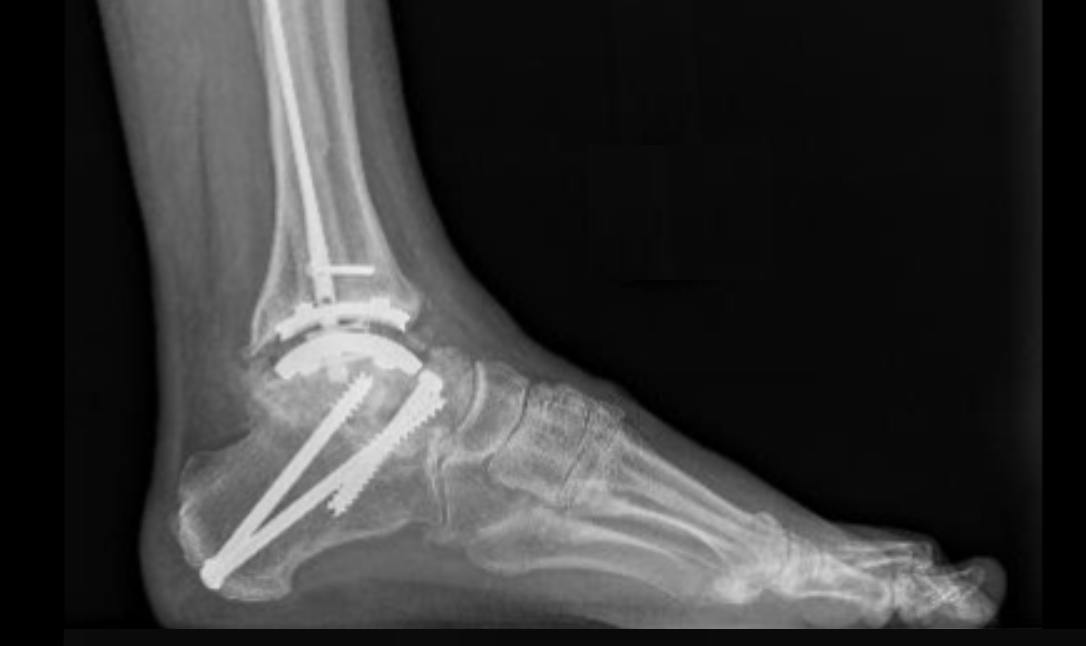
Colin Ross
SCIENTIST, BSC, MSC, PHD
Dr. Ross’s research is developing new treatments to help reduce the suffering and improve the lives of patients with genetic diseases and cancer.
Dr. Ross grew up in Penticton, B.C., and then studied at UBC where he completed an honours degree in biology and genetics. Dr. Ross trained for an M.Sc. in medical genetics with geneticist Professor Tom Strachan (Newcastle, UK) to learn how to identify genetic disease genes. Since then, together with clinicians and scientists (e.g., Drs. Clara van Karnebeek and Jan Friedman), Dr. Ross helped establish the first pilot clinical genome sequencing program at B.C. Children’s Hospital to diagnose patients with unknown genetic diseases. This program has provided hundreds of diagnoses and identified many new disease-causing genes, and subsequently expanded into a larger, hospital-wide, clinical sequencing program. Unfortunately, there are no effective therapeutic options for most patients who are diagnosed with a genetic disease.
Research Interests
- Genetics of Adverse Drug Reactions
- Genome-targeted therapeutics
Dr. Ross trained for a Ph.D. in gene therapy with Dr Patricia Chang (McMaster), and after that completed a postdoctoral fellowship with Dr. Michael Hayden (UBC). The goal of the project was to develop a gene therapy using the capsid shell of a virus to shuttle new copies of a gene into the cells of patients. These genes would then compensate for the non-functional gene in patients to overcome the genetic deficiency. A non-pathogenic virus (called an adeno-associated virus or “AAV”) was selected. Dr. Ross successfully developed this new gene therapy for the treatment of a genetic disease called Lipoprotein Lipase (LPL) Deficiency (Ross et al., 2004, 2005, 2006, 2006). This project overcame many challenges, especially related to delivery and efficacy. Eventually, a formulation was developed that completely and permanently cleared the severe disease symptoms. A single dose of this gene therapy was all that was required to provide a life-long treatment for mice. After this, extensive toxicology testing was conducted, and Dr. Ross confirmed the effectiveness of the treatment in larger animal models. After this, clinical trials in patients demonstrated the safety and effectiveness of this approach (Stroes et al., 2008; Gaudet et al., 2012, 2016) and this drug became the first gene therapy to receive regulatory approval (“First gene therapy approved”, Nat. Biotech, 2012). This helped revitalize the field of gene therapy (“End of the Beginning of Gene Therapy” Flotte, Hum Gen Ther, 2015). However, this approach remains far too expensive because of high manufacturing costs. Dr. Ross is now working with the National Research Council (NRC) of Canada to establish centralized public-private manufacturing facilities for new gene therapies. This could reduce costs for researchers and companies to produce new gene therapies. A pilot project for this program is underway to re-develop Glybera, which has already yielded a far more effective version.
Dr. Ross currently teaches in 11 courses at UBC, and supervises 12 graduate students, 4 undergraduate students, as well as several volunteer & summer students, 3 post-doctoral fellows and 2 research associates. Dr. Ross’s trainees have won many teaching and research awards. Together with his team, Dr. Ross has published >200 peer-reviewed research papers in leading scientific and medical journals (e.g., Nature Genetics, New England Journal of Medicine, JAMA, Nature Communications, Human Gene Therapy, Molecular Therapy).
Additional Affiliations
- Associate Dean of Research pro tem, Faculty of Pharmaceutical Sciences, UBC
- Associate Professor, Faculty of Pharmaceutical Sciences, UBC
- Scientist, B.C. Children’s Hospital Research Institute


